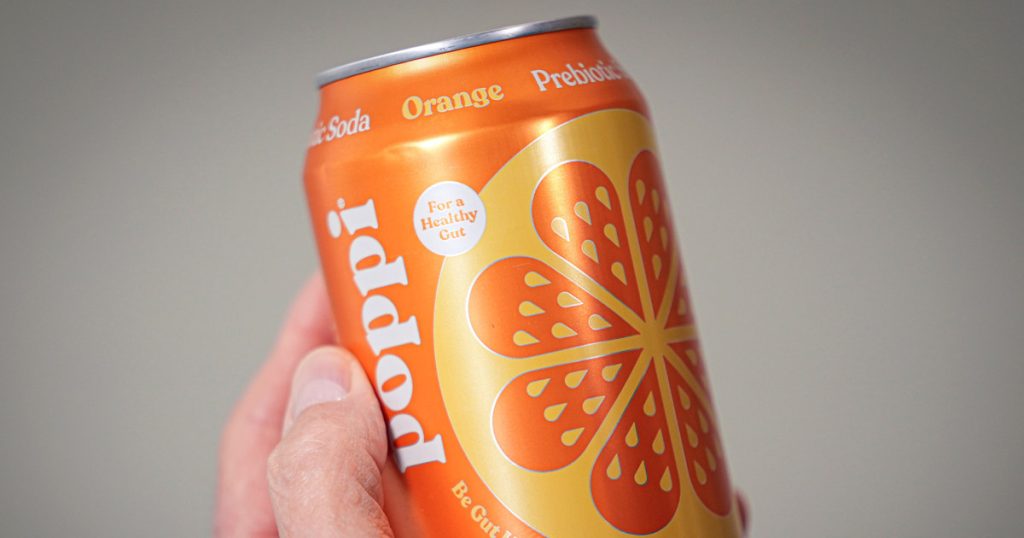Popular soda brand Poppi is facing a class-action lawsuit filed by a consumer who claims that their products do not improve gut health as much as their marketing suggests. The lawsuit, filed in U.S. District Court in San Francisco, alleges that Poppi drinks contain only around 2 grams of prebiotic agave inulin fiber, which the plaintiff argues is insufficient to provide any real benefit. Research cited in the lawsuit indicates that consuming 7.5 grams of agave inulin daily for three weeks may not confer any meaningful prebiotic benefit. Additionally, the lawsuit argues that any potential prebiotic benefits from consuming Poppi drinks would be outweighed by the increased sugar consumption.
The plaintiff, Kristin Cobbs, is seeking monetary relief for herself and other consumers who have purchased Poppi drinks based on the company’s claims about improving gut health. In response to the lawsuit, Poppi, based in Austin, Texas, stated that it stands behind its products and believes the lawsuit is baseless. The company emphasized its mission to revolutionize soda for the next generation of soda drinkers and expressed confidence in the quality of its products. Poppi has vowed to vigorously defend against the allegations brought forward in the lawsuit.
Poppi is among the numerous brands in the functional beverages category, which claim to enhance health and wellness. Sales of prebiotic and probiotic drinks in the U.S. have seen a significant increase, with data compiled by consulting firm AlixPartners showing that sales more than tripled last year. This trend reflects a growing interest among consumers in products that offer health benefits beyond traditional sodas. However, the lawsuit against Poppi highlights the importance of transparency and accuracy in marketing claims, particularly in the increasingly competitive market of functional beverages.
The lawsuit against Poppi raises questions about the efficacy of the prebiotic claims made by the soda brand and underscores the need for consumers to critically evaluate health-related marketing messages. As more brands enter the functional beverages market, consumers are faced with a wide array of products claiming to offer health benefits. By scrutinizing the ingredients and nutritional information provided on product labels, consumers can make more informed decisions about which products align with their health and wellness goals. The outcome of the lawsuit against Poppi may also prompt other brands to ensure that their marketing claims are backed by sufficient evidence.
Consumers should be aware of the potential discrepancies between marketing claims and product ingredients when evaluating functional beverages and other health-related products. The lawsuit against Poppi serves as a reminder for consumers to conduct their own research and seek out credible sources of information when making purchasing decisions. Additionally, regulatory bodies and consumer protection agencies may play a role in monitoring and enforcing accuracy in advertising claims to ensure that consumers are not misled by deceptive marketing practices. Moving forward, the outcome of the lawsuit against Poppi could have implications for how functional beverages are marketed and regulated in the future.


